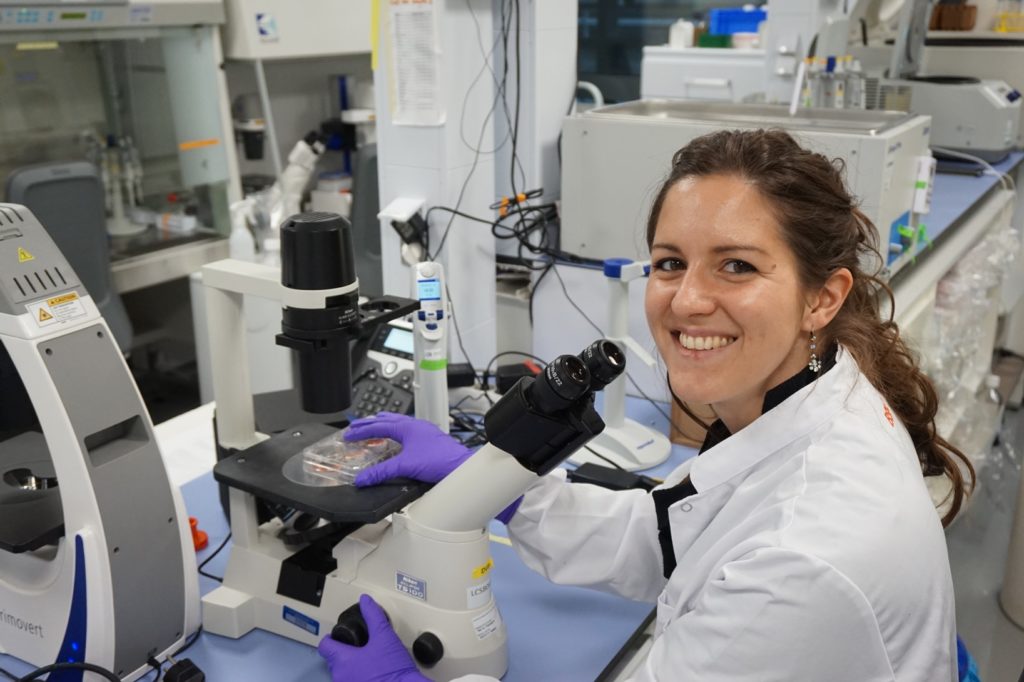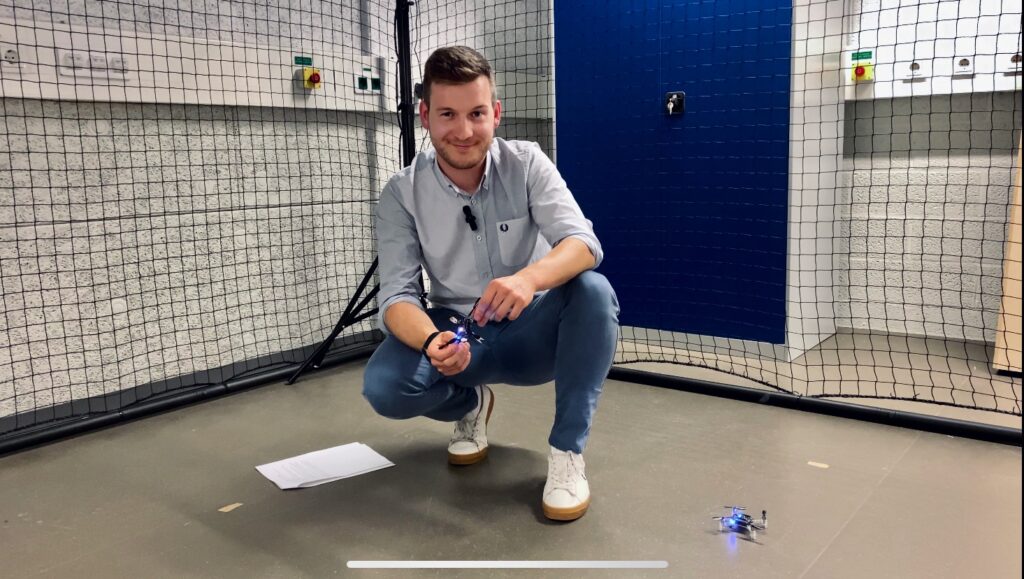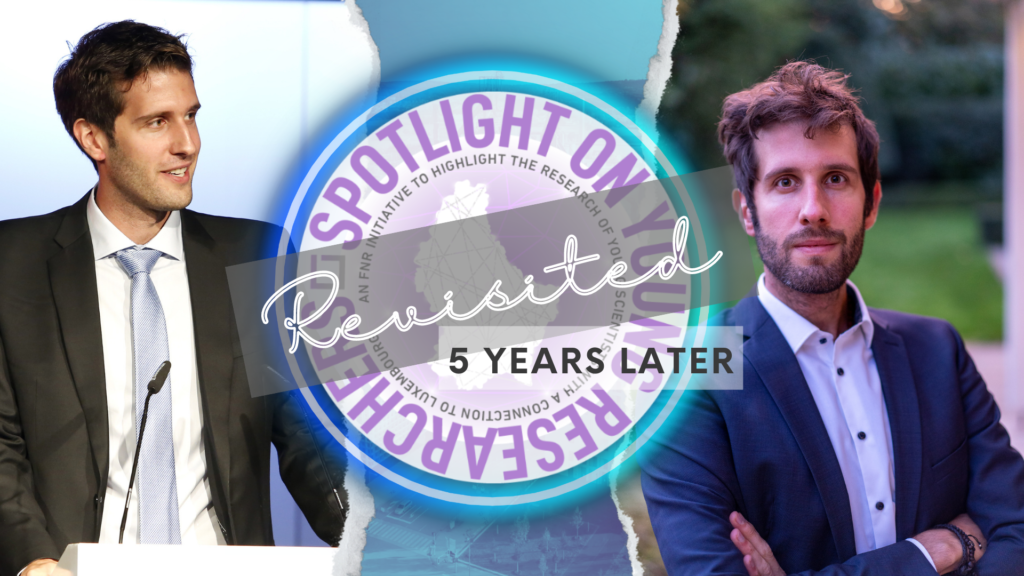
Anna Monzel cites her thirst for new knowledge and discoveries as a key contributor in her choosing to follow the path of science. Drawn to Luxembourg because of its interdisciplinary approach, the German national developed a 3D model of the human midbrain for her PhD at the LCSB at the University of Luxembourg – which earned her a Lush Young Researcher Prize.
“When you constantly ask questions, you never stop learning. Working in science trains your brain to think logically and I like the challenge of solving problems,” Anna Monzel explains, adding:
“I really enjoy the work in the lab, performing the actual experiments and interpreting the results. It is the most exciting part when you discover something new (even if it is only a little discovery) and thus contribute a little bit to the understanding and treatment of human diseases.”

“I wanted to take part in this development”
Anna Monzel is in the third year of her AFR PhD at the Luxembourg Centre of Systems Biomedicine (LCSB), part of the University of Luxembourg. Having already arrived in Luxembourg in 2013 for her Masters course in Integrated Systems Biology, Anna says she was drawn to the Grand Duchy because of the interdisciplinary approach to the course, and adds:
“When I first read about the University of Luxembourg and its research centres, I was inspired and attracted by the motivating spirit emanating from Luxembourg’s health initiative, and I wanted to take part in this development.
“Research institutes in Luxembourg are innovative and well equipped with state-of-the-art technology such as e.g. robotic systems and automated microscopes, which makes it a very attractive destination for researchers in the field of biomedical science.”
Decoding Parkinson’s Disease
Anna’s work revolves around Parkinson’s Disease (PD), a severe neurodegenerative disorder which affects more than 5 million people worldwide. In its earlier stages, the disease is characterised by e.g. shaking, rigidity, and difficulty with walking, due to the degeneration of neurons in the midbrain, which are responsible for movement control.
Anna explains that in the past decade, several genetic mutations have been suggested to either cause or increase the risk of PD, but that the current understanding of PD suggests that the nature of the disease is not down to one, but several factors.

A better way to study the human midbrain
In order to shed more light on the disease, it is vital to study what goes on in the human brain. Traditionally, animals such as mice have been used, but they lack key features of the human brain, meaning a better approach is needed. To this end, Anna has developed a 3D model of the human midbrain – she explains:
“In my PhD project, I developed a 3D model of the human midbrain, termed midbrain organoid, with which we aim to capture the complex nature of PD, and to recapitulate key cellular hallmarks.
“With these organoids we are currently also developing toxicological PD models, in which we apply toxic compounds to lesion the (in PD affected) dopaminergic system artificially to understand how patient-derived neurons respond to stress.
“By applying these drugs to the organoids, we create a model of a brain that undergoes neurodegeneration, with similar regions and mechanisms affected as in the brain of Parkinson’s patients.”
“I want to work on topics that interest me”
The model is based on a method of turning human pluripotent stem cells, derived from skin cells, into 3D brain-like structures that behave in a similar way to the cells in the human midbrain. The aim is now to use the model to study what causes Parkinson’s Disease.
In 2017, Anna received a Young Researcher Prize from cosmetics company Lush, which each year awards scientists for work towards eliminating the need for using animals in research.
Nearing the completion of her PhD, Anna plans to stay in academia and hopes she can teach students in a university setting. She adds:
“I want to work on topics that interest me and that are important by my own standards, but I also want to mentor students along the way of their early career.”

RELATED PROGRAMMES




